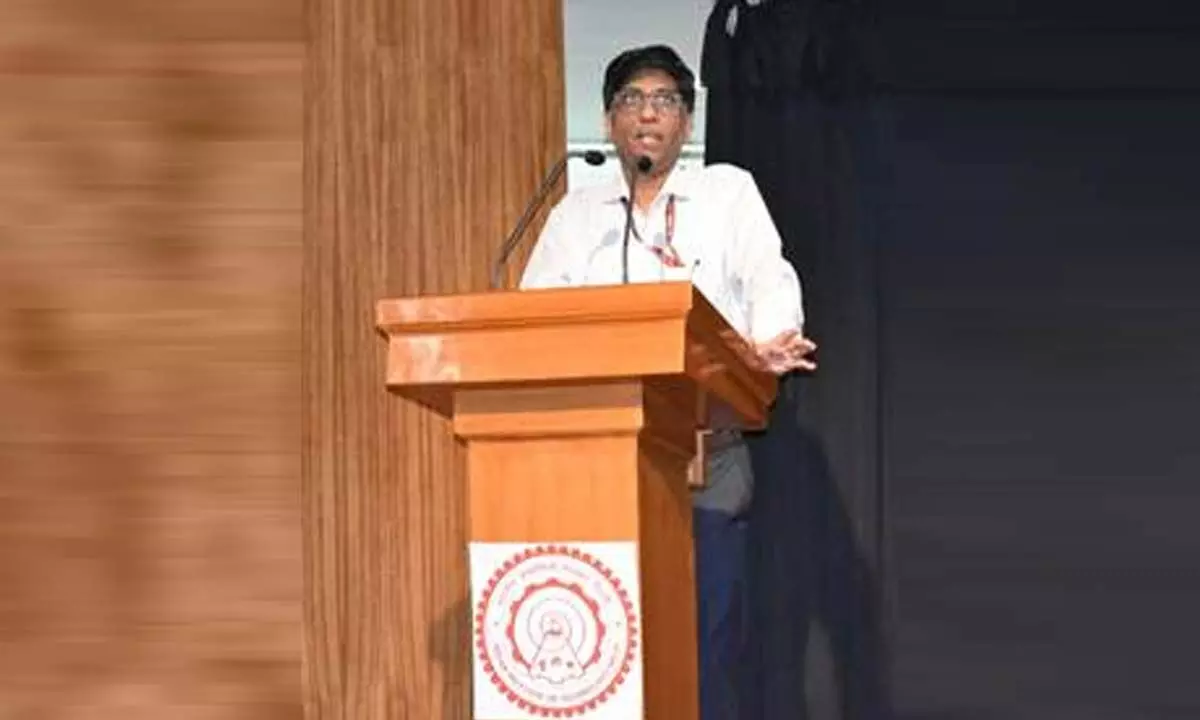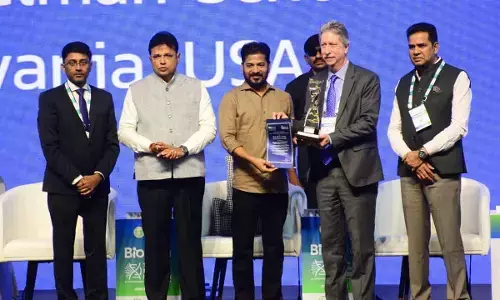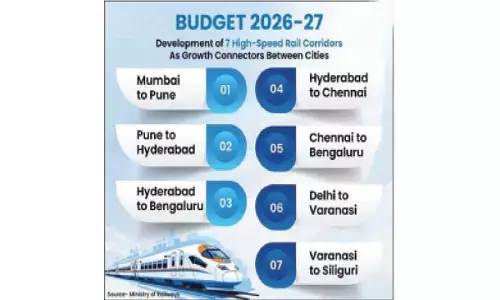India-based AI foundational models key to fight climate change: DST Secretary
Share :

Developing foundational models in Artificial Intelligence (AI) tailored to Indian condition are necessary to fight climate change in the country
New Delhi: Developing foundational models in Artificial Intelligence (AI) tailored to Indian condition are necessary to fight climate change in the country, said Abhay Karandikar, Secretary, Department of Science and Technology (DST), under the Ministry of Science and Technology.
He was speaking at the two-day climate change conclave organised by the Department of Science and Technology at the Indian Institute of Technology, Delhi.
The conclave, held on May 27 and 28, brought together experts from all over India and discussed climate modelling in the Indian context, quality control of data and improving climate predictions, as well as strengthening interactions with people for better climate adaptation solutions.
"There is a need to focus more on developing foundational models in AI in the Indian context," said Prof. Abhay Karandikar, Secretary of the Department of Science and Technology (DST), while addressing the conclave.
He also released the draft executive summary of 'District Level Climate Risk Assessment for India' and added that indigenous climate models based on data will provide a better understanding for addressing climate change.
"Collective efforts towards a holistic approach involving researchers from multiple disciplines and a range of stakeholders can help address the ongoing challenges of climate change and its effect on agriculture, water, and the environment," added Prof. Abhay, the former Director at IIT Kanpur.
The experts also discussed the process of developing and mentoring climate change science and adaptation R&D programmes all over the country.
Stressing that climate solutions were about securing the future for generations to come, they urged communities to come together and not just analyse the problems but work collaboratively towards solutions.
"About 40 per cent of the world's population was already vulnerable to the adverse effects of climate change," said Dr Anita Gupta, Head of Climate, Energy, and Sustainable Technology (CEST), DST, while emphasising the urgency for solutions to the climate change problem.









